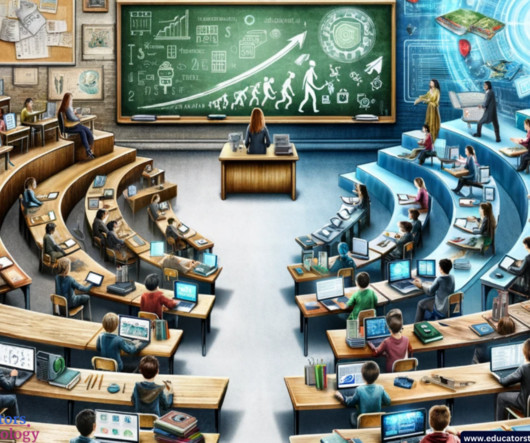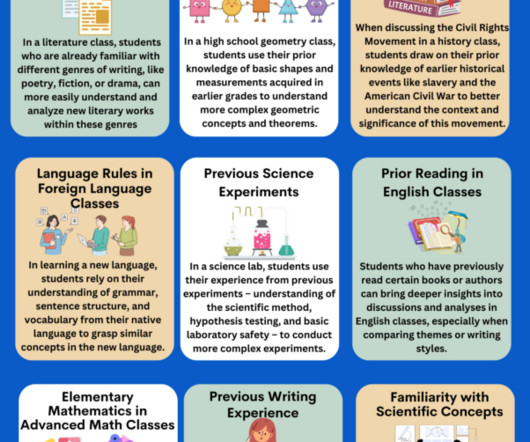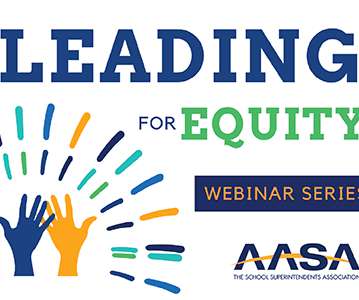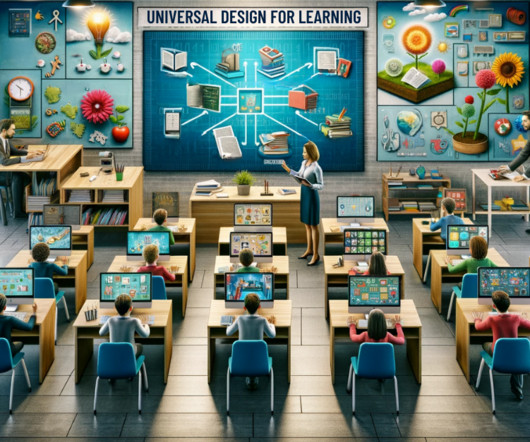Characteristics of The 21st Century Classroom
Educational Technology and Mobile Learning
JANUARY 4, 2024
When I embarked on my teaching journey back in 2003, the landscape of the classroom was quite different from what we see today. Educational software, ranging from language learning apps like Duolingo to math problem-solving platforms like Khan Academy, provides personalized learning experiences.


















Let's personalize your content